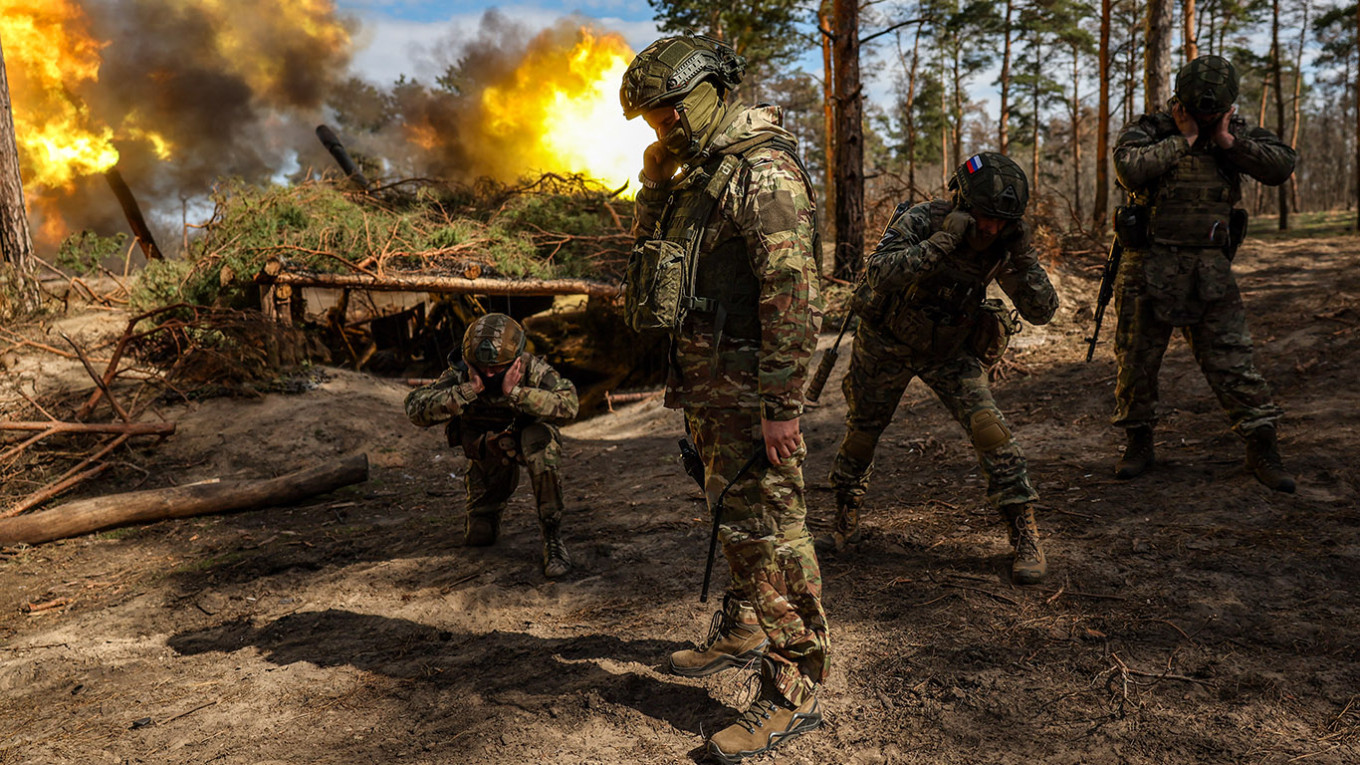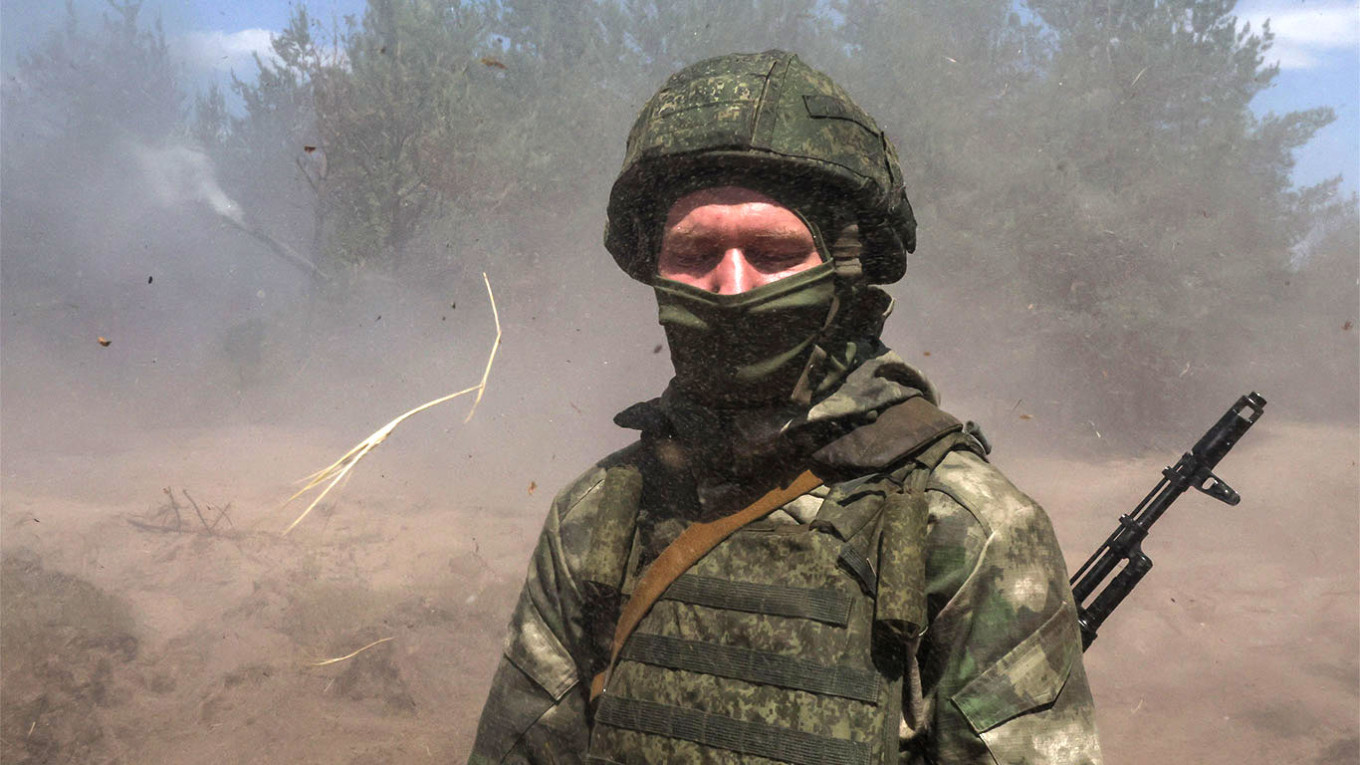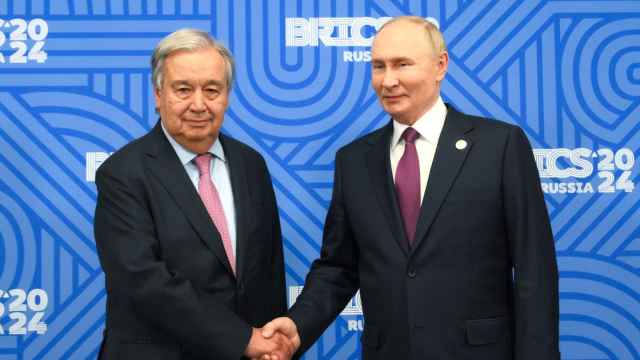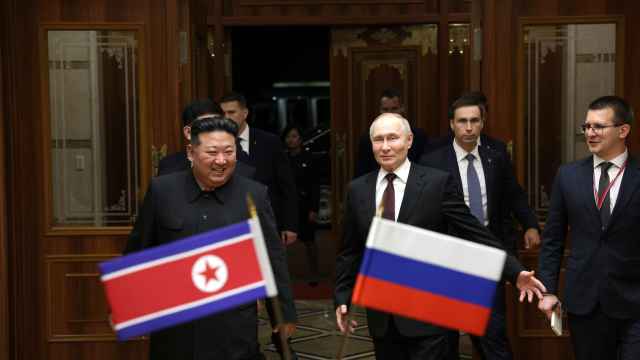Russian soldier Andrei Burychin, 22, was wounded while fighting in Ukraine. Last fall, he was admitted to a psychiatric hospital in Yekaterinburg and later discharged with what his lawyer described as a “grim diagnosis.”
In the weeks that followed, Burychin started drinking heavily. According to his lawyer, he attempted to drive back to his unit in the Chelyabinsk region while intoxicated, was pulled over for drunk driving and handed over to the military police.
After hearing his platoon was preparing for a difficult new operation, he returned to the front in Ukraine’s Donetsk region to train with them, his lawyer said.
Burychin’s story is not unusual. In the fourth year of Russia’s full-scale war in Ukraine, reports of post-traumatic stress disorder and alcohol addiction among both contract soldiers and mobilized troops are on the rise.
While independent media have documented the growing mental health crisis, Russian researchers are now starting to publish data that quantifies the scale of the problem.
One study conducted by 16 psychiatrists and medical researchers surveyed 140 servicemen treated at Moscow Psychiatric Hospital No. 1 between 2023 and 2024.
The average age of these soldiers was 34. Some had fought in eastern Ukraine’s Donbas region long before the 2022 full-scale invasion.
Roughly half of the participants were diagnosed with PTSD upon admission. The most common symptom, reported by more than 70% of respondents, was intrusive memories of combat.
By discharge, however, only 18.6% still carried a PTSD diagnosis.
The rest were reclassified as suffering from organic mental disorders caused by brain injuries (26%), affective disorders (20%), schizotypal or delusional disorders (15%) or alcohol dependence (10%). Less frequent diagnoses included psychotic and adjustment disorders.
Anxiety (75%), depression (51%) and insomnia (48%) were the most common accompanying symptoms. Psychiatrists also noted attention-seeking behavior, difficulties in communicating with relatives and widespread alcohol abuse.
Russian servicemen sometimes share the psychological toll the war has taken on them on social media.
“How do I get discharged on medical grounds? More precisely, how do I prove [to my commanders] that I’m not stable and my mind is slipping?” one soldier asked on the VKontakte social network. “Three years without rest or family, and sometimes during combat you just lose it. I need a psychiatrist or a sanatorium.”

Another soldier who managed to obtain a medical discharge described recurring nightmares.
“For two months, I’ve been waking up in a cold sweat from the same dream. I’m captured, I watch my comrades get killed, and then I’m killed too,” he said, adding that a psychiatrist declared him unfit for military service.
Relatives of soldiers have echoed these accounts of PTSD, violent outbursts and addiction in online support groups.
Some seek “real help” for their loved ones, while others look for addiction specialists willing to treat servicemen “discreetly, without consequences.”
A Russian psychologist who works with veterans told The Moscow Times that heavy drinking often stems from anger and alienation.
“They feel rage at the indifference of civilians, who go on living their lives without knowing what war is,” the psychologist said, speaking on condition of anonymity. “One ‘special military operation hero’ told me he didn’t leave his house for two months so he wouldn’t beat someone up. He drank the whole time until he realized he was becoming an alcoholic.”
Other factors that push soldiers toward alcohol include PTSD flashbacks, a sense that their lives are futile without combat missions and an uncertain future, the psychologist said.
The soldiers she described had injuries that made returning to the front out of the question.
“When servicemen are treated in Moscow, passersby on the street may thank them for their role in the war. But in smaller towns, they feel people turn away from them, as if their contribution means nothing,” she said.
In addition to PTSD and alcoholism, psychiatrists have started studying suicidal behavior among returning soldiers.
A 2025 study in Novosibirsk surveyed 130 servicemen hospitalized at the city’s Psychiatric Hospital No. 3 between 2022 and 2024. Of these, 32 men (24%) had been admitted after attempting suicide.
Suicide attempts were most common among servicemen diagnosed with clinical PTSD or adjustment disorders, the researchers found.
They noted that Russia’s fall 2022 mobilization drive had acted as an additional stress factor, more than doubling suicide risk.
For soldiers with PTSD symptoms, the risk rose more than fivefold.
Soldiers rarely seek psychological help on their own — a reluctance that specialists link to traditional notions of masculinity, widespread distrust of Russia’s mental health system and fears that seeking treatment could harm one’s military career.
“Servicemen in Russia rarely turn to psychologists or psychiatrists unless their condition becomes unbearable, or their relatives insist on it,” the Russian psychologist told The Moscow Times. “For a soldier, admitting to mental health problems is seen as a sign of weakness. It doesn’t fit the image of a victorious fighter.”
A Message from The Moscow Times:
Dear readers,
We are facing unprecedented challenges. Russia's Prosecutor General's Office has designated The Moscow Times as an "undesirable" organization, criminalizing our work and putting our staff at risk of prosecution. This follows our earlier unjust labeling as a "foreign agent."
These actions are direct attempts to silence independent journalism in Russia. The authorities claim our work "discredits the decisions of the Russian leadership." We see things differently: we strive to provide accurate, unbiased reporting on Russia.
We, the journalists of The Moscow Times, refuse to be silenced. But to continue our work, we need your help.
Your support, no matter how small, makes a world of difference. If you can, please support us monthly starting from just $2. It's quick to set up, and every contribution makes a significant impact.
By supporting The Moscow Times, you're defending open, independent journalism in the face of repression. Thank you for standing with us.
Remind me later.






